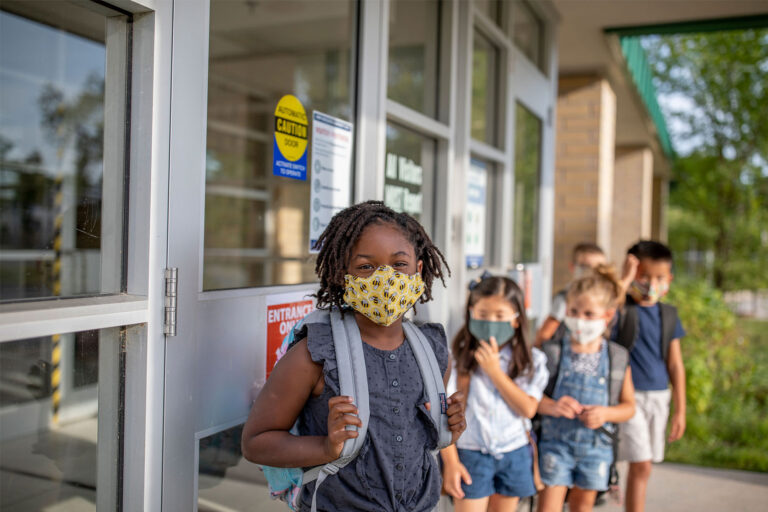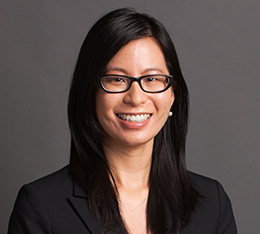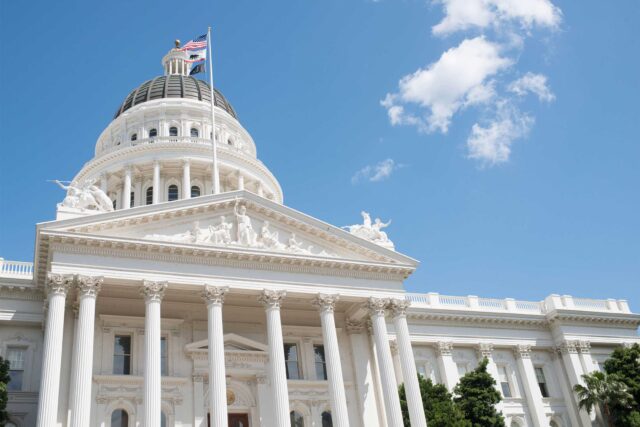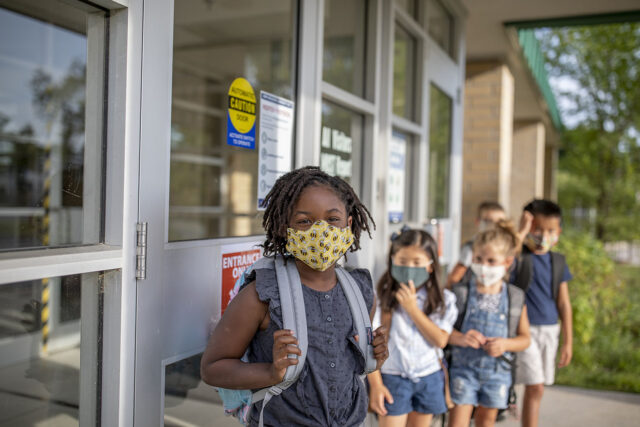After over a year of disrupted schooling, more than eight in ten Californians believe students are falling behind academically due to the pandemic. Overwhelming majorities are also concerned that students in lower-income areas and English language learners have been especially likely to fall behind. At a virtual event last week, PPIC survey analyst Rachel Lawler presented these and other findings from our April survey and discussed key takeaways with Mark Baldassare, PPIC president and CEO.
Despite widespread concerns about student learning, a strong majority of public school parents (72%) approve of how their local school district is handling closures. Most adults across regions approve, from a low of 54% in Orange/San Diego Counties to 74% in Los Angeles County. Discussing this wide variation, Lawler pointed out that “the 45,000-student-strong Santa Ana Unified School District has decided . . . to finish the school year with distance learning. That could very well be impacting the results, as residents in that area see schools in LA and elsewhere across the state opening up.”
While many view their local public schools positively, for others the pandemic has highlighted ways in which public schools have come up short. Compared to two years ago, growing numbers of parents say they would choose a private school if cost and location were not an issue (35% in 2019, 42% today). “There has been an impact in terms of how people view the ability of public schools . . . to adapt and adjust to these circumstances,” Baldassare said. “And that’s given them some pause for thought about the choice of schools they would make for their children.”
Frustration with the pace of school reopenings may have helped fuel efforts to recall Governor Newsom. Yet most likely voters (58%) approve of the governor’s handling of K–12 public education. The survey was fielded before the California Secretary of State’s announcement that recall proponents had met the signature threshold needed to trigger a recall.
The status of schools in the fall could be a significant factor in the likely recall election. About six in ten Californians are concerned that schools will not be reopened for full-time in-person instruction in the fall, with Republicans more likely than independents and Democrats to express concern. “That will be another key crossroad as we go through this pandemic year,” Baldassare said.
Although Californians give mixed reviews about the accuracy of standardized tests, three in four support state testing this spring to assess the impact of the pandemic on student learning. In light of worries about learning loss, Lawler noted that these results indicate Californians’ desire for “some type of measurement and understanding of how far behind students may be” as we come out of this pandemic.



